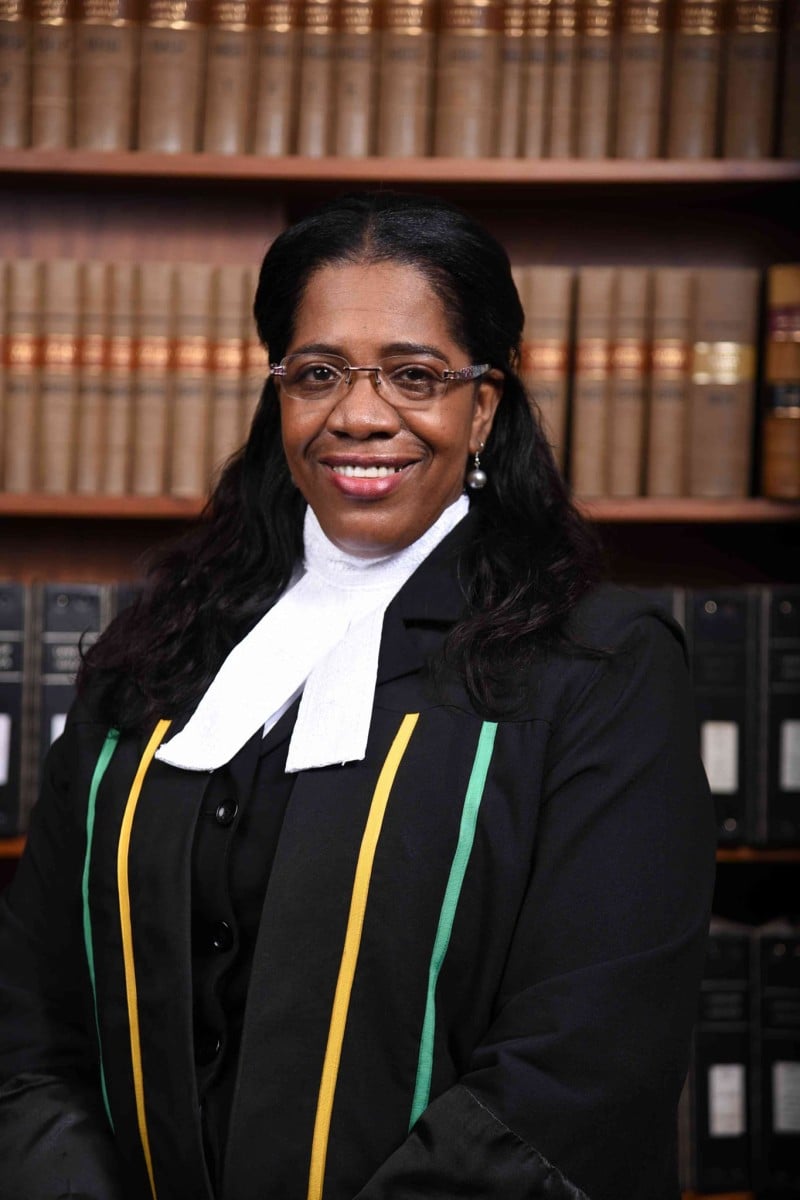Vybz Kartel Retrial Hearing: Judge Raises Concerns About Repeated Rights Violations

In the ongoing Court Of Appeal hearing over whether Dancehall artist Vybz Kartel and his three co-accused should face a retrial for the 2011 murder of Clive “Lizard” Williams, a senior judge has questioned whether it would be justified given repeated breaches of the men’s constitutional rights.
Justice Marva McDonald-Bishop, who leads the three-judge panel considering the retrial issue, zeroed in on this point during submissions by defense attorney John Clarke on Tuesday. She noted there had been two clear breaches of the constitutional guarantee of the men’s right to a fair trial — the original juror misconduct that led to the Privy Council overturning the convictions, as well as an infringement of their right to be tried within a reasonable time.
“The Crown will have to tell us why, given the two breaches of the fair trial rights, a retrial is justified,” Justice McDonald-Bishop stated pointedly.
Clarke had argued that these breaches, combined with the potential for further violations, would render a retrial unjust. According to the Observer, he pointed out that the appeal process has languished for over 10 years and asked, “How can the men have a fair trial after all this time?”
“While different State organs might have justified reasons for taking time to examine the matter, let us not forget that at all material times the appellants were incarcerated while the wheels of justice slowly turned,” he said.
According to Clarke, there is a “prima facie breach of the reasonable time standards” guaranteed by the Constitution, in addition to the breaches of the men’s fair trial rights.
The attorney also questioned how directions to a new jury, “however focused and firm,” could realistically cure the prejudice at this late stage when the Privy Council found the original jury contamination could not be remedied.
“The question we debated amongst ourselves was that, if when the trial ended on March 13, 2014 no direction, however focused and firm, could have cured the prejudice to the appellants by the bribery allegations, how then in 2024, or in 2026, or even 2028 — whenever a jury in a new trial receives this matter — how can a direction, however focused and firm, cure the prejudice that has been caused to the appellants? That is the question that has detained us and that is why it is an issue for this court, we submit, to also grapple with,” he argued.
Clarke also raised concerns about the Jamaican court system’s capacity to handle a lengthy retrial, which could potentially delay trials for defendants in other cases.
He emphasized that, at some point, the sheer length of time should justify “drawing the line in the sand,” indicating a threshold had been crossed in this case.
Clarke further highlighted the broader implications of excusing state resource constraints in the judicial process, cautioning that such leniency might foster an environment where prolonged delays become acceptable. “…giving credence to that excusing state resources may very well allow persons to say 13 years is ok, we can drag our feet, let’s make it 16 years and that is a country we don’t want to live in,” he said.
The Court of Appeal will continue to hear arguments on the matter through Friday before deciding on the retrial.

